The ancient Tower of Hercules is easily the most well preserved lighthouse remaining from the classical Roman age, and it is also the only one still in use. According to myth, it also marks the resting place of one of Hercules’ greatest conquests.
Built around the 2nd century and originally known as the “Farum Brigantium” or “Brigantia Lighthouse” the structure looks as though it could have been built just decades ago. The beacon is located atop a small hill promontory that was likely chosen by its ancient Roman builders not only for its view of the sea, but the spot may also have been a sacred space dedicated to the demigod Hercules.
As part of one of the mythic Twelve Labors of Hercules, the super strong son of Zeus is said to have killed the giant Gerylon with an arrow dipped in Hydra’s blood. Then in a gesture that is more Celtic than Roman, the legend says that Hercules buried the giant with his weapons and ordered a city built atop the burial site. While the area where the tower is built was rather barren when it was originally built, the surrounding city of Corunna has sprung up around it across the millennia. While there are not actually titanic bones beneath the tower, the legend is so pervasive that an image of the tower atop a skull and bones is the centerpiece of the city’s coat of arms.
Today the Tower of Hercules is still used as a lighthouse. It was refurbished in the 18th century, which accounts for its well preserved condition in the present.
Know Before You Go
You can visit the basement, including the original Roman lantern of the lighthouse, and then go up the 234 steps to the balcony on the top. If winds are strong, the balcony will be closed.

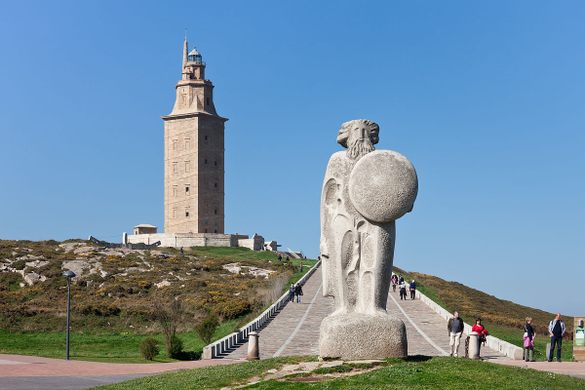

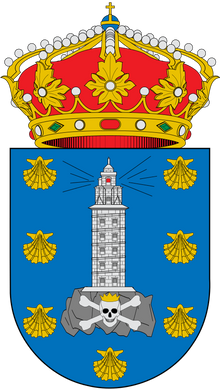



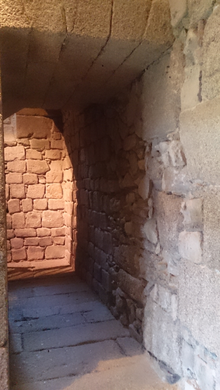

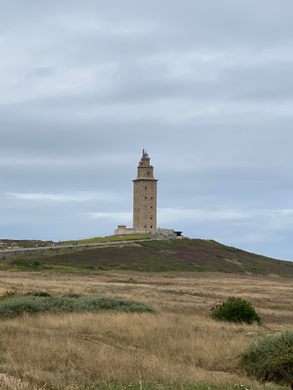














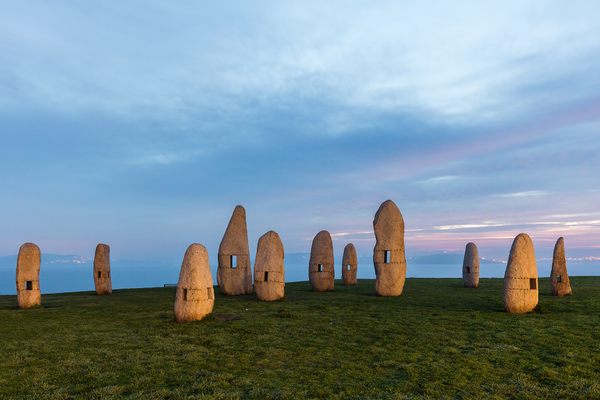




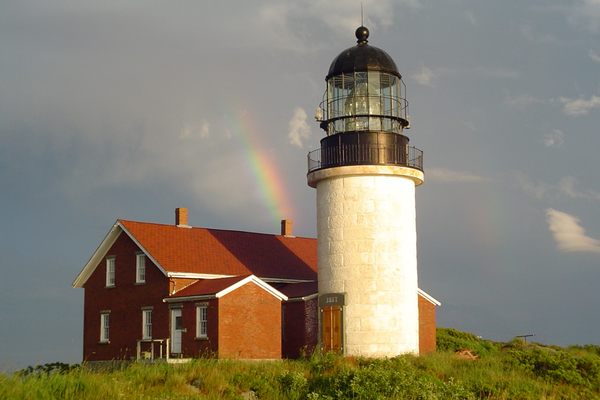
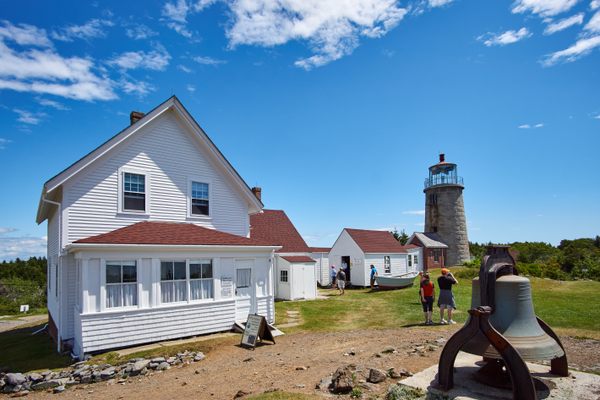


Follow us on Twitter to get the latest on the world's hidden wonders.
Like us on Facebook to get the latest on the world's hidden wonders.
Follow us on Twitter Like us on Facebook